Categorization skills Easy Worksheets for Ages 6-9
6 filtered results
-
From - To
Enhance your child’s learning experience with our "Categorization Skills Easy Worksheets for Ages 6-9." These engaging worksheets are designed to develop critical thinking and organization skills by helping young learners sort and categorize objects, shapes, and concepts. Perfectly tailored for children aged 6-9, each worksheet encourages independent learning while providing a fun, interactive way to boost cognitive development. With a variety of activities, from classifying animals to grouping shapes, your child’s ability to recognize patterns and relationships will flourish. Prepare them for academic success with our expertly crafted categorization worksheets found at Kids Academy!
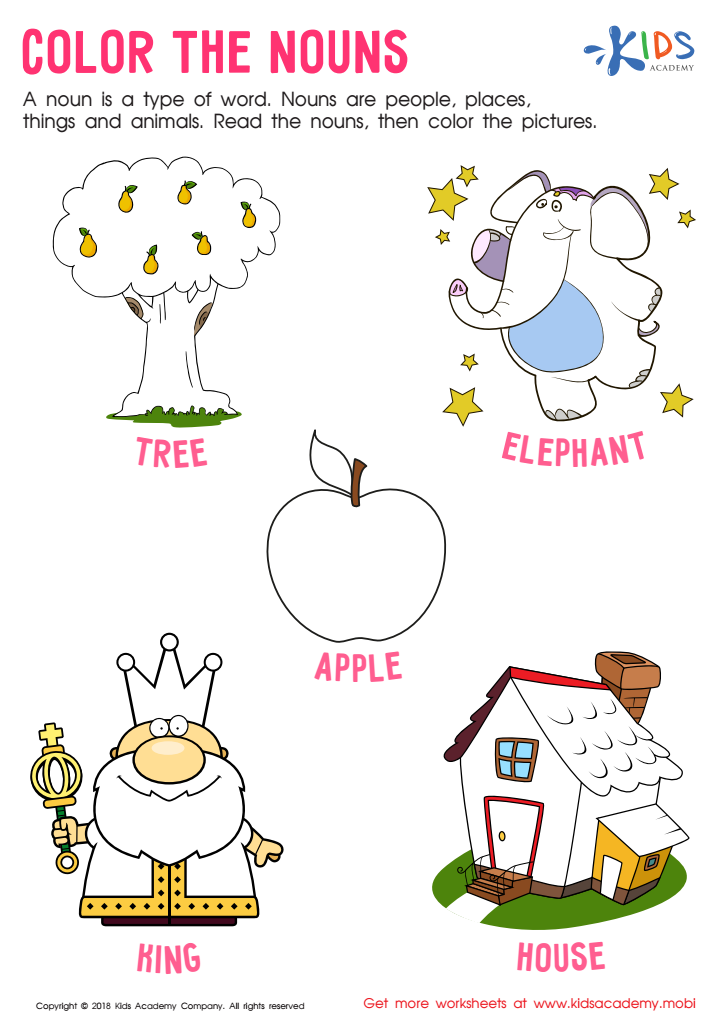

Color the Nouns Worksheet
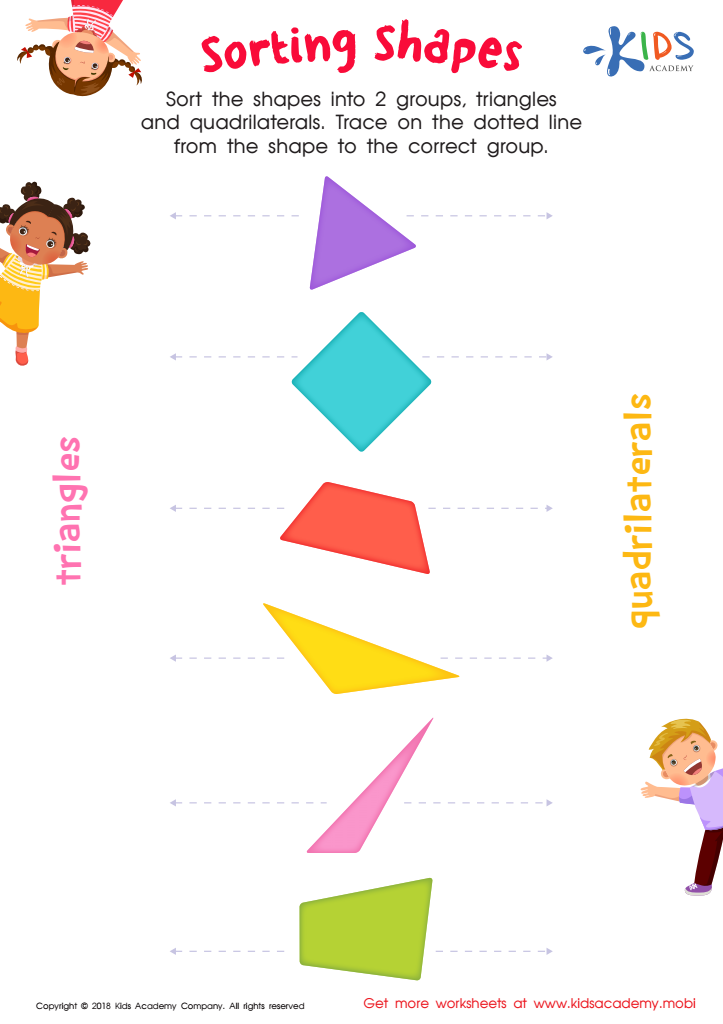

Sorting Shapes Worksheet
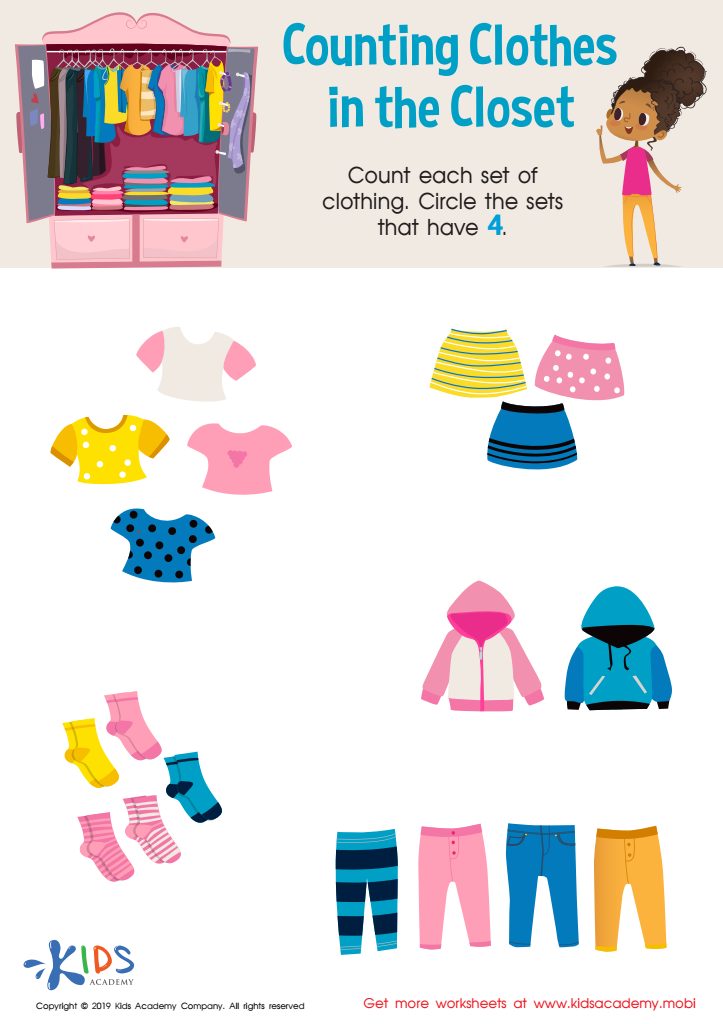

Counting Clothes Worksheet
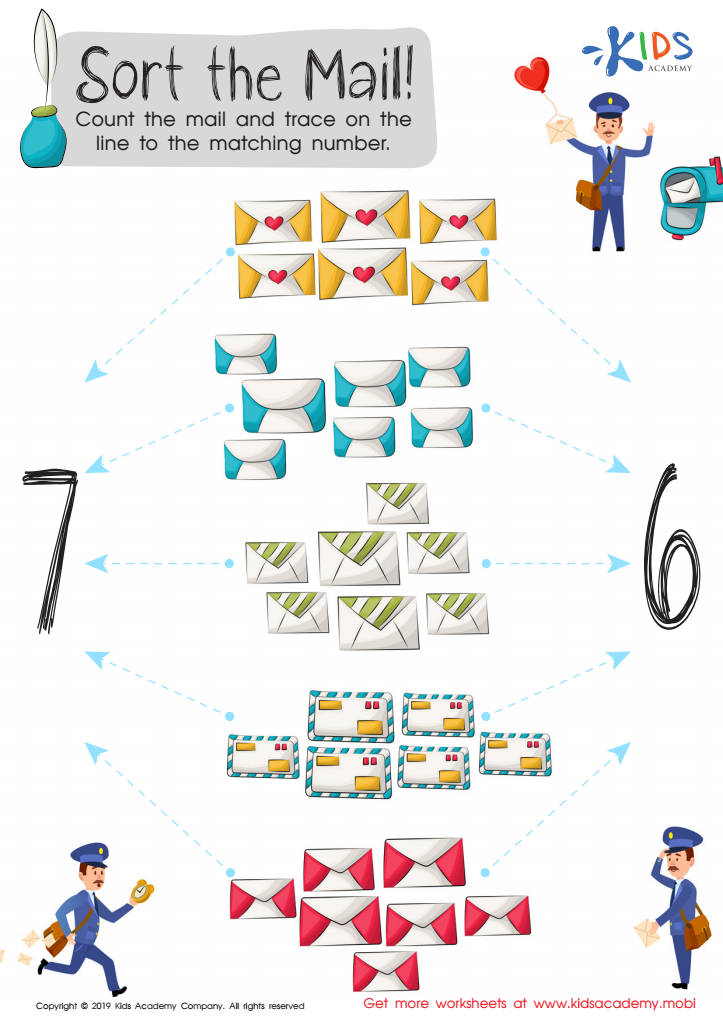

Sort the Mail Worksheet
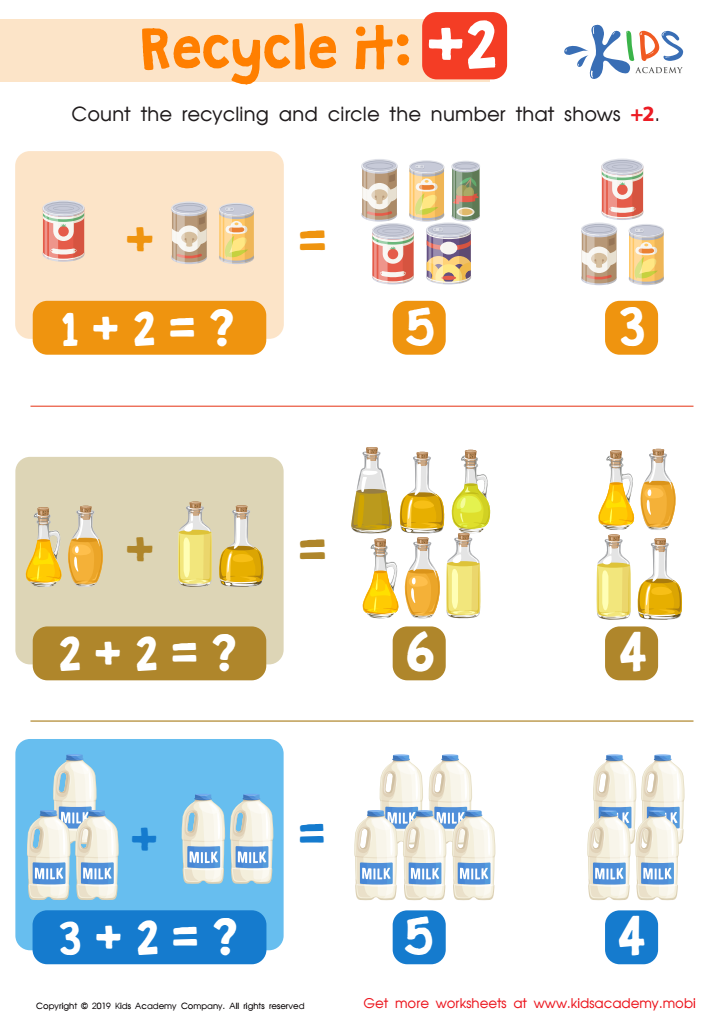

Recycle It: +2 Worksheet
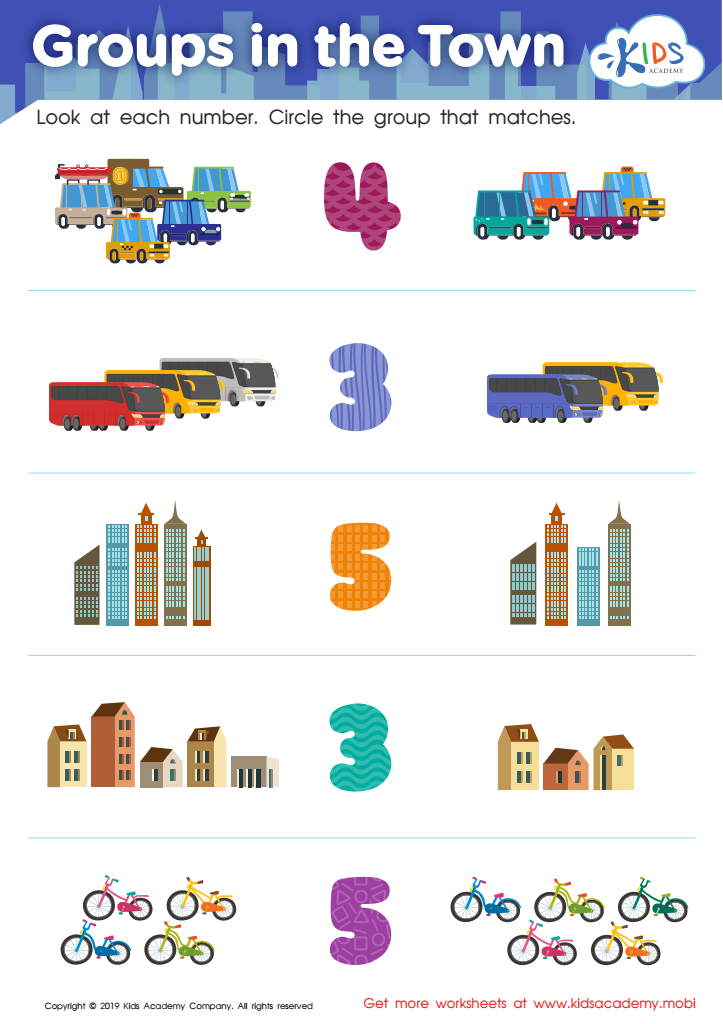

Groups in the Town Worksheet
Categorization skills are crucial for children ages 6-9 as they play a fundamental role in cognitive development and academic success. At this age, categorizing helps kids make sense of the world by organizing information into meaningful groups. This ability enhances comprehension, memory, and problem-solving skills, providing a solid foundation for more complex thinking.
For educators, encouraging categorization helps children improve their reading and math abilities. When children group objects based on shared attributes, they better understand patterns, sequences, and relationships—skills essential for grasping new concepts in subjects like science and social studies. Categorizing also aids vocabulary development, as children learn to associate words with corresponding groups and attributes, boosting language proficiency.
Parents fostering these skills at home can enhance their child’s everyday learning experiences. Simple, playful activities like sorting toys, grouping household items by color or shape, or categorizing foods can turn everyday tasks into valuable learning opportunities. These activities promote critical thinking and empower children with the skills needed to tackle more sophisticated academic challenges.
In summary, developing categorization skills in ages 6-9 is essential for cognitive growth and academic readiness. Both teachers and parents play a vital role in nurturing these skills, ultimately setting children on a path toward greater understanding and success.
 Assign to My Students
Assign to My Students





















